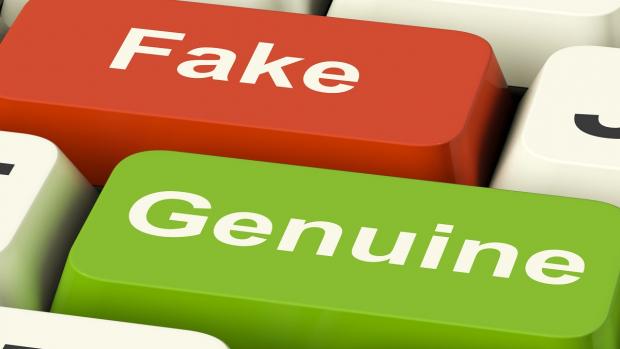
The Stanford Graduate School of Education published this study in November 2016. The research found that students have a difficult time with critically analyzing information found online. This includes social networking sites and Google searches. The study concludes that skills need to be practiced in order to work through mixed results and find accurate information.
You need to remember that while in college you will have access to academic databases that will make analyzing information easier. It's a given that articles found in the library's databases are generally peer-reviewed and reliable. But after graduation, in the real world, information evaluation is much more difficult.
Using the web as a research tool you must also determine if the resource is valid. Here's a checklist for evaluating web resources:
Currency - the timeliness of the information
• when was the information published or posted
• has the information been revised or updated
• does your topic require current information, will older sources work as well
• are the links functional
Relevance - the importance of the information for your needs
• does the information relate to your topic or answer your question
• who is the intended audience
• is the information at an appropriate level (i.e. not too elementary or advanced for your needs)
• have you looked at a variety of sources before determining this is one you will use
• would you be comfortable citing this source in your research paper
Authority - the source of the information
• who is the author / publisher / source / sponsor
• what are the author's credentials or organizational affiliations
• is the author qualified to write on the topic
• is there contact information, such as a publisher or email address
• does the URL reveal anything about the author or source (.com .edu .gov .org .net)
Accuracy - the reliability, truthfulness, and correctness of the content
• where does the information come from
• is the information supported by evidence
• has the information been reviewed or refereed
• can you verify any of the information in another source or from personal knowledge
• does the language or tone seem unbiased and free of emotion
• are there spell, grammar, or typographical errors
Purpose - the reason the information exists
• what is the purpose of the information (is it to inform, teach, sell, entertain, or persuade)
• do the authors / sponsors make their intentions or purpose clear
• is the information fact, opinion, or propaganda
• does the point of view appear objective and impartial
• are there political, ideological, cultural, religious, institutional, or personal biases
Note: the CRAAP test was developed by librarians at CSU Chico.
Thank you to Portland State University Library for the use of their video.

There are some fake/hoax websites that are meant as satire, but some are not. The sites that are not satirical are meant to pass on false information to unsuspecting people.
This link to Dihydrogen Monoxide - DHMO Homepage is a hoax site that could be mistaken as a legitimate website. For those of you who don't know, Dihydrogen Monoxide or DHMO is the unfamiliar chemical name for water.
Here are a few of the "known perils" of Dihydrogen Monoxide (according to the website):
• Death due to accidental inhalation of DHMO, even in small quantities
• Contamination of electrical systems often causes short-circuits
• Given to vicious dogs involved in recent deadly attacks
